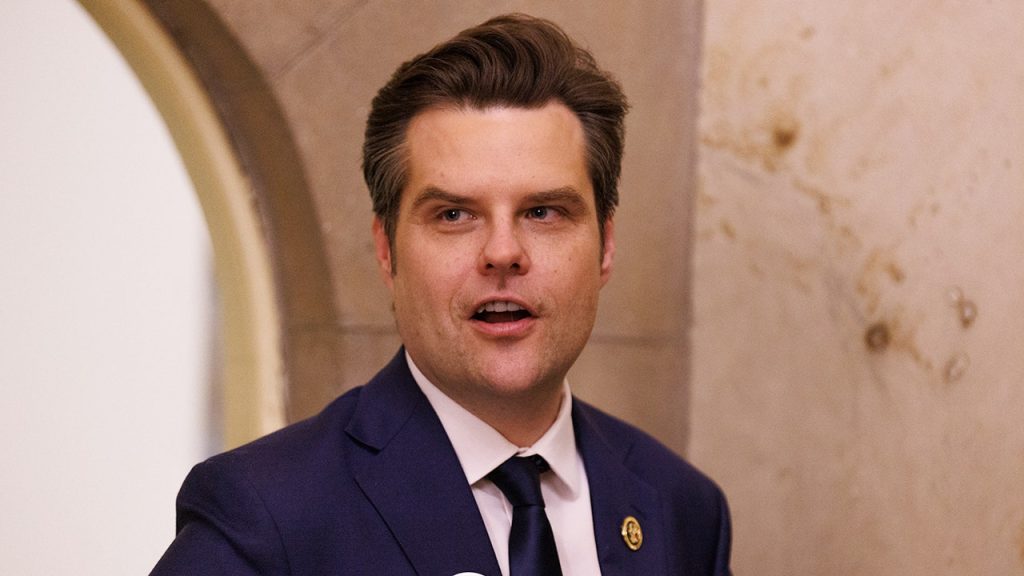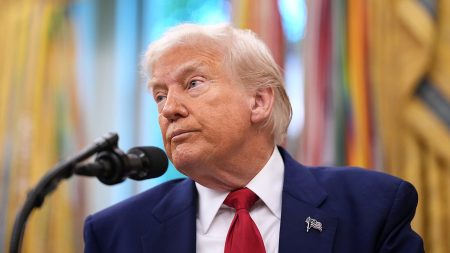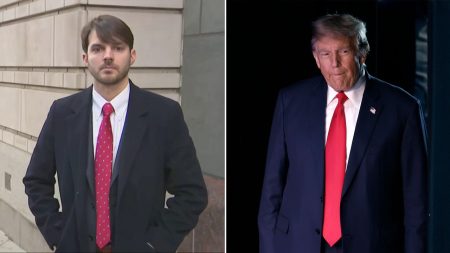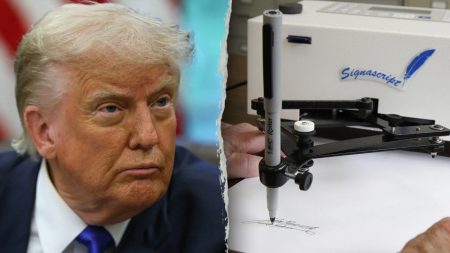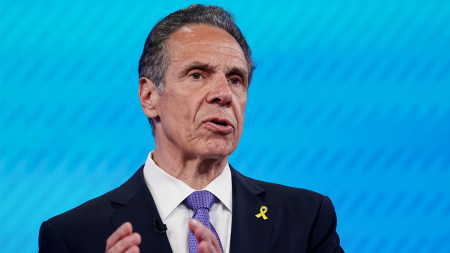The House Ethics Committee’s decision to release its report on former Representative Matt Gaetz (R-Fla.) marks a significant development in the ongoing scrutiny of the congressman’s conduct. The committee, known for its discretion and often protracted investigations, operates largely behind closed doors. Its vote to publicize the report, following the final votes scheduled for Thursday, suggests a substantial body of findings and a desire for transparency, albeit delayed. This move comes after the Department of Justice (DOJ) declined to prosecute Gaetz on allegations of sex trafficking and obstruction of justice, leaving many questions unanswered and fueling speculation about the extent of his involvement in the alleged misconduct. The Ethics Committee’s impending report promises to shed light on its own independent investigation and potentially reveal information not previously disclosed by the DOJ, offering a more comprehensive understanding of the complex allegations against Gaetz.
The central accusations against Gaetz revolve around his alleged relationship with a 17-year-old girl and potential violations of federal sex trafficking laws. The DOJ’s investigation, which spanned several years, scrutinized whether Gaetz engaged in a sexual relationship with the minor across state lines, a key element in establishing a federal sex trafficking offense. Further allegations included claims that Gaetz paid for the girl’s travel and expenses, potentially constituting a violation of the Mann Act, which prohibits the transportation of individuals across state lines for illicit sexual purposes. The DOJ’s decision not to prosecute Gaetz, while closing that chapter of the legal proceedings, left a cloud of uncertainty surrounding the congressman, with the public largely unaware of the specific evidence examined and the rationale behind the decision. The House Ethics Committee’s report is now poised to address some of these lingering questions and provide a more complete picture of the allegations and the evidence gathered.
The House Ethics Committee’s investigation, running parallel to the DOJ’s inquiry, operated independently and possessed the authority to examine a broader range of ethical breaches beyond the scope of potential criminal conduct. This broader purview allows the committee to consider violations of House rules, standards of conduct, and other ethical principles that might not have risen to the level of criminal offenses. The committee’s report could therefore delve into matters such as potential misuse of campaign funds, improper influence peddling, or other ethical lapses related to Gaetz’s conduct as a member of Congress. Furthermore, the committee is not bound by the same legal constraints as the DOJ, allowing them to consider evidence that might have been inadmissible in a criminal trial. This difference in procedural rules could lead to the disclosure of previously unseen evidence and a potentially different assessment of the credibility of witnesses and the weight of the evidence against Gaetz.
The timing of the report’s release, immediately following the final votes of the year, is strategically significant. By releasing the report at this juncture, the committee avoids interfering with the legislative process and minimizes the potential for political distractions during crucial votes. The timing also allows for the report to receive maximum public attention during a period when legislative activity is winding down, maximizing its impact and ensuring thorough scrutiny by the media and the public. Furthermore, the release of the report during this period might minimize the immediate political fallout for Gaetz, who is no longer a member of Congress. While the report may still damage his reputation and future prospects, the timing mitigates the potential for immediate repercussions within the House.
The content of the report and its potential ramifications for Gaetz remain uncertain. The report could range from a scathing indictment of Gaetz’s conduct, detailing specific instances of ethical violations and potentially recommending sanctions, to a more measured assessment that acknowledges the seriousness of the allegations but stops short of definitive conclusions. Depending on the strength of the evidence presented and the committee’s findings, the report could further damage Gaetz’s reputation and potentially impact his future political aspirations. Even in the absence of criminal charges, a highly critical report from the House Ethics Committee could effectively end any hopes of a political comeback for Gaetz. Conversely, a report that clears Gaetz of significant wrongdoing could offer him a measure of vindication and potentially pave the way for a return to public life.
The impending release of the House Ethics Committee’s report presents a pivotal moment in the ongoing saga surrounding Matt Gaetz. The report promises to provide a deeper understanding of the allegations against him, the evidence considered by the committee, and the committee’s ultimate conclusions. It will offer a critical assessment of his conduct, separate from the DOJ’s decision not to prosecute, and potentially reveal new information that shapes public perception of the former congressman. The report’s findings will undoubtedly have significant implications for Gaetz’s future, both personally and professionally, and contribute to a more complete understanding of the complex circumstances surrounding the accusations against him. The report represents a crucial step towards accountability and transparency, offering a measure of closure to a protracted and highly publicized investigation.




